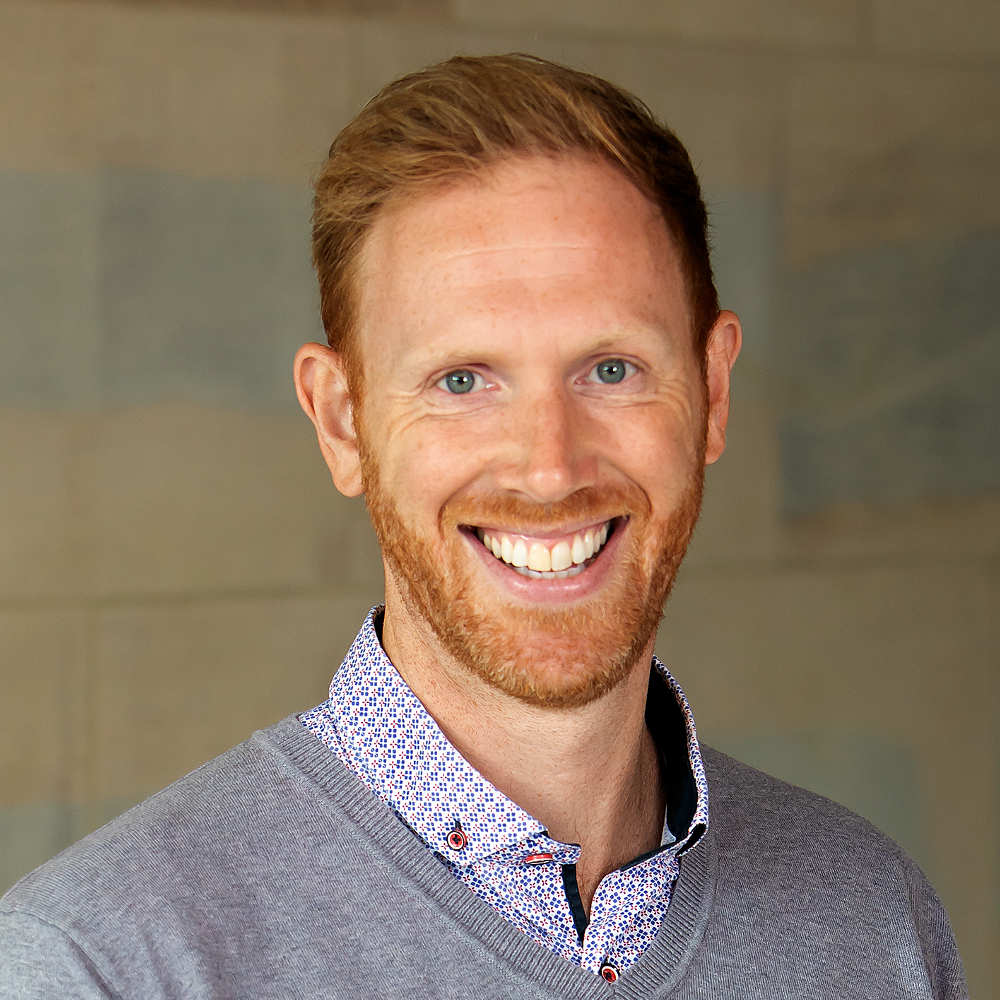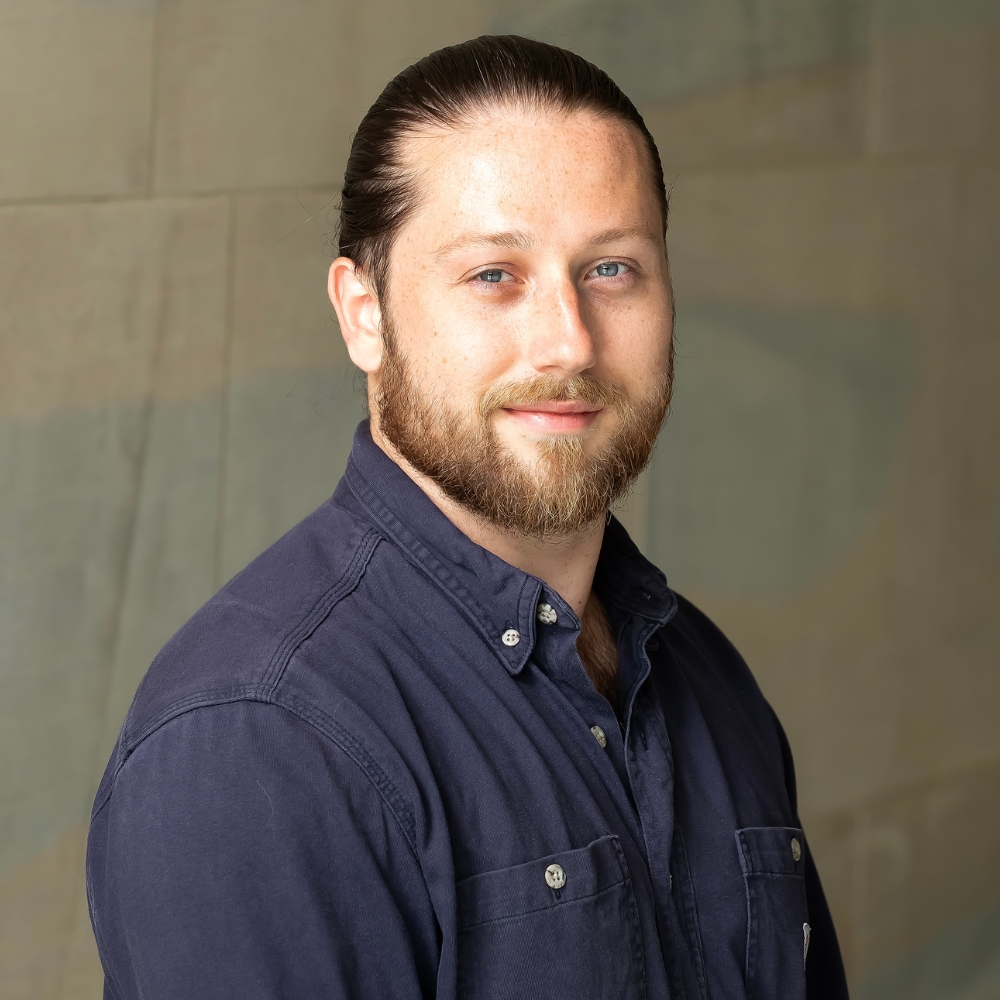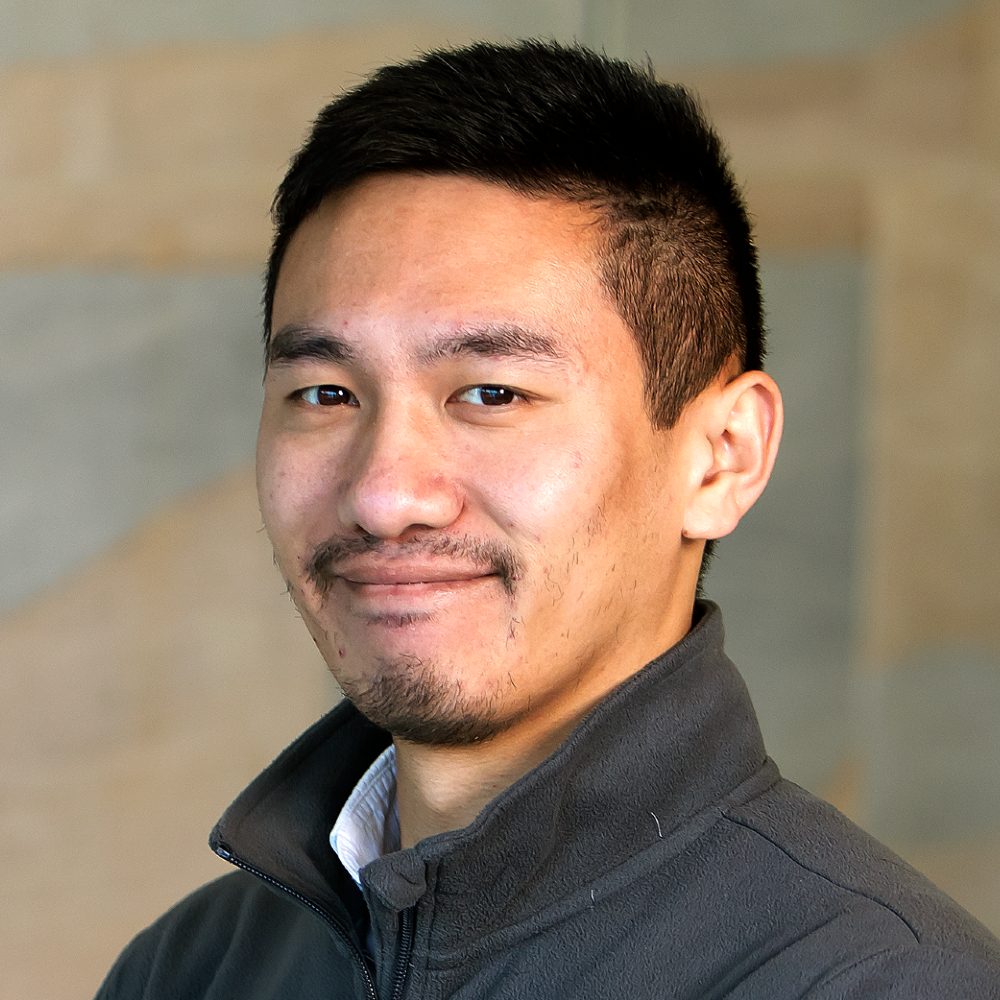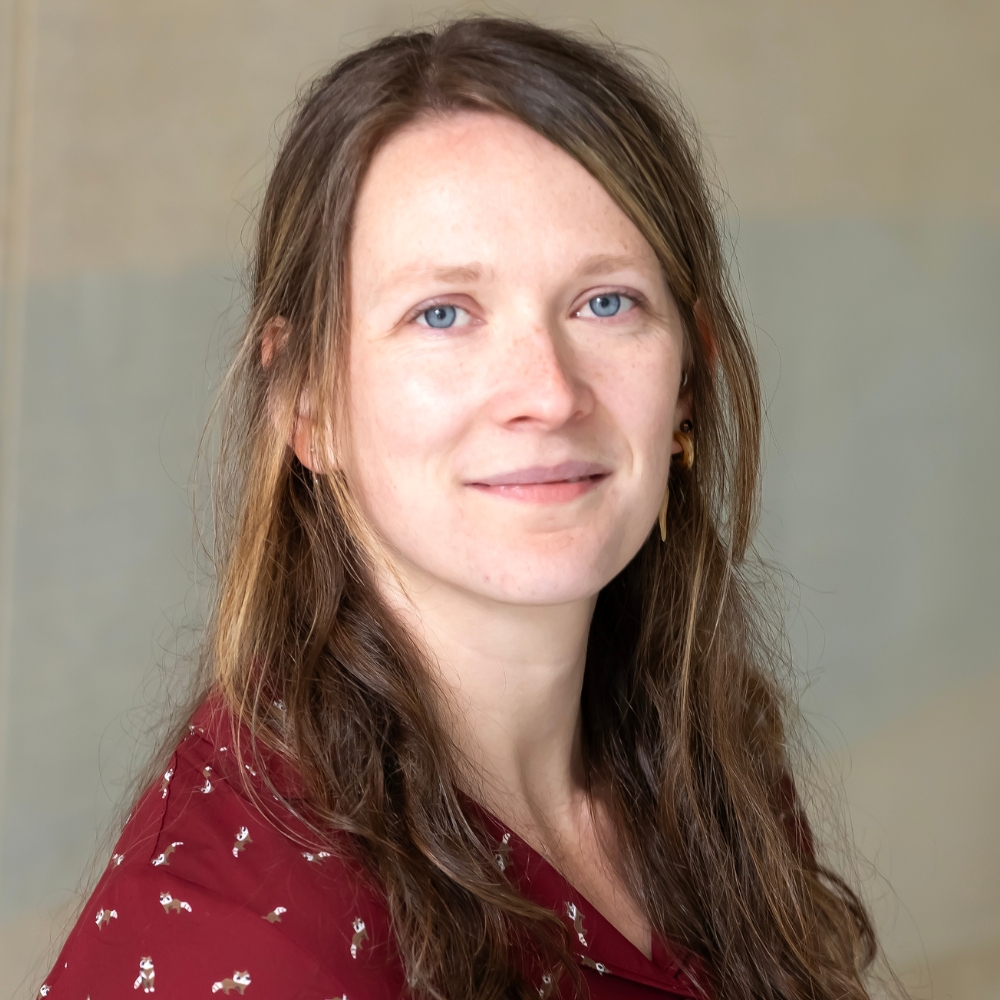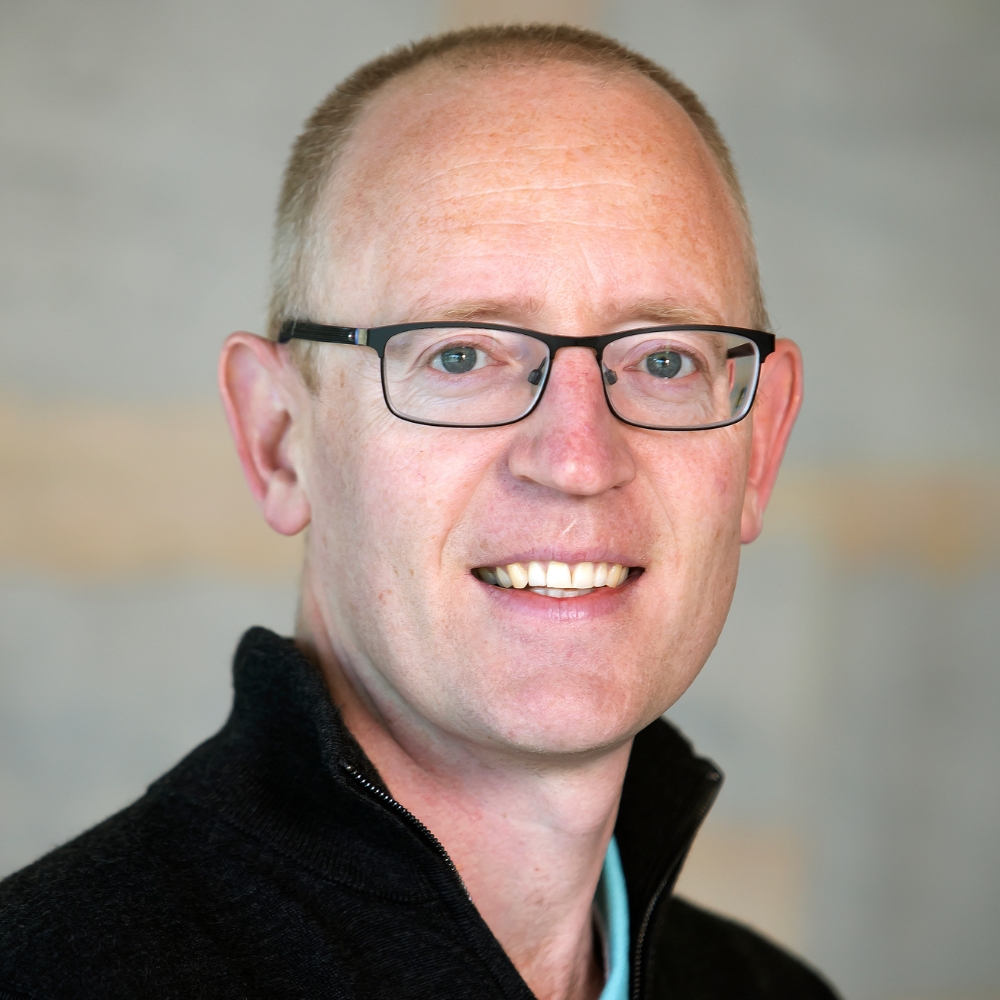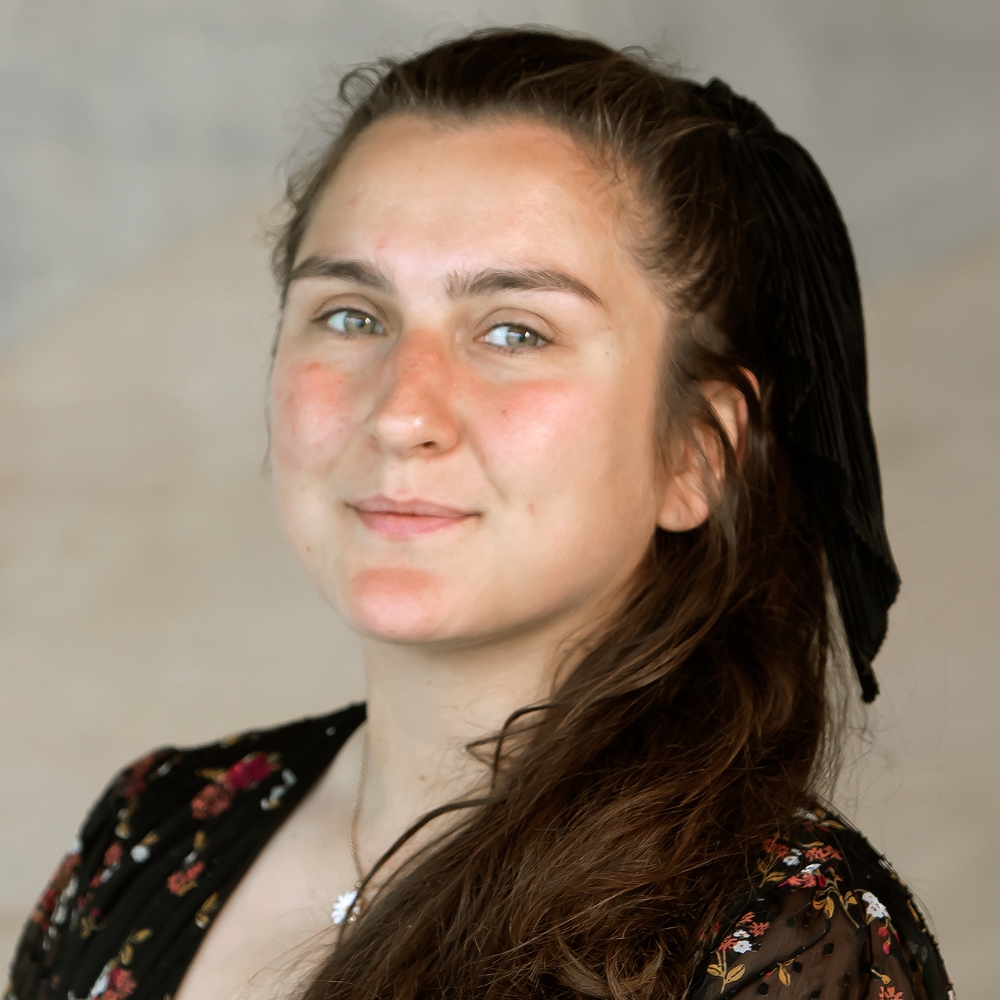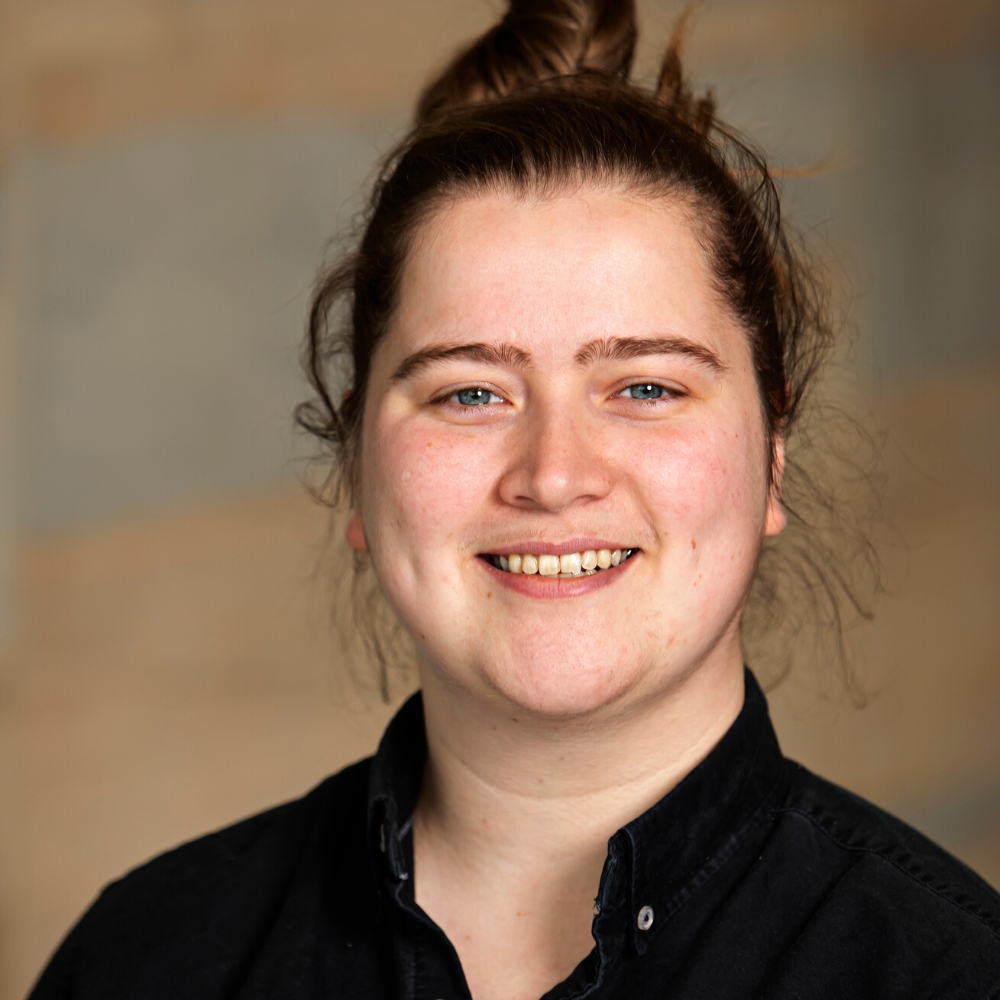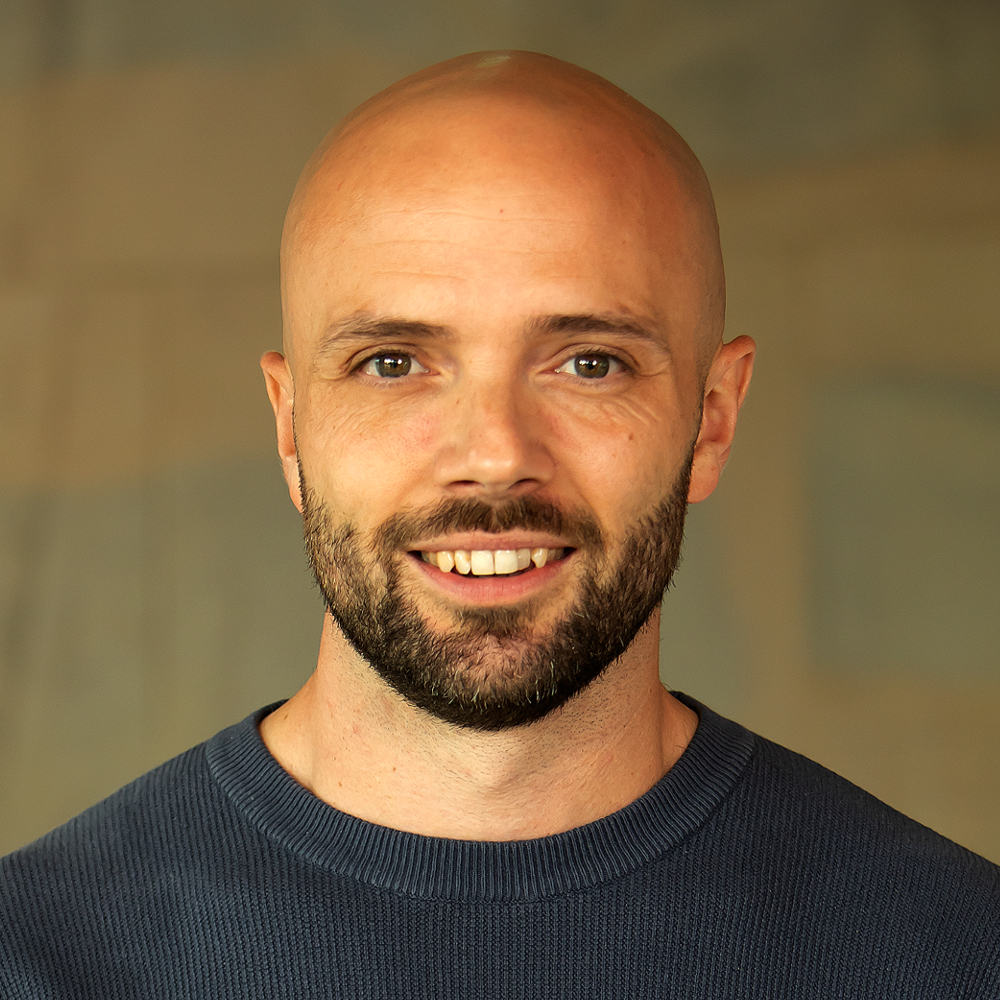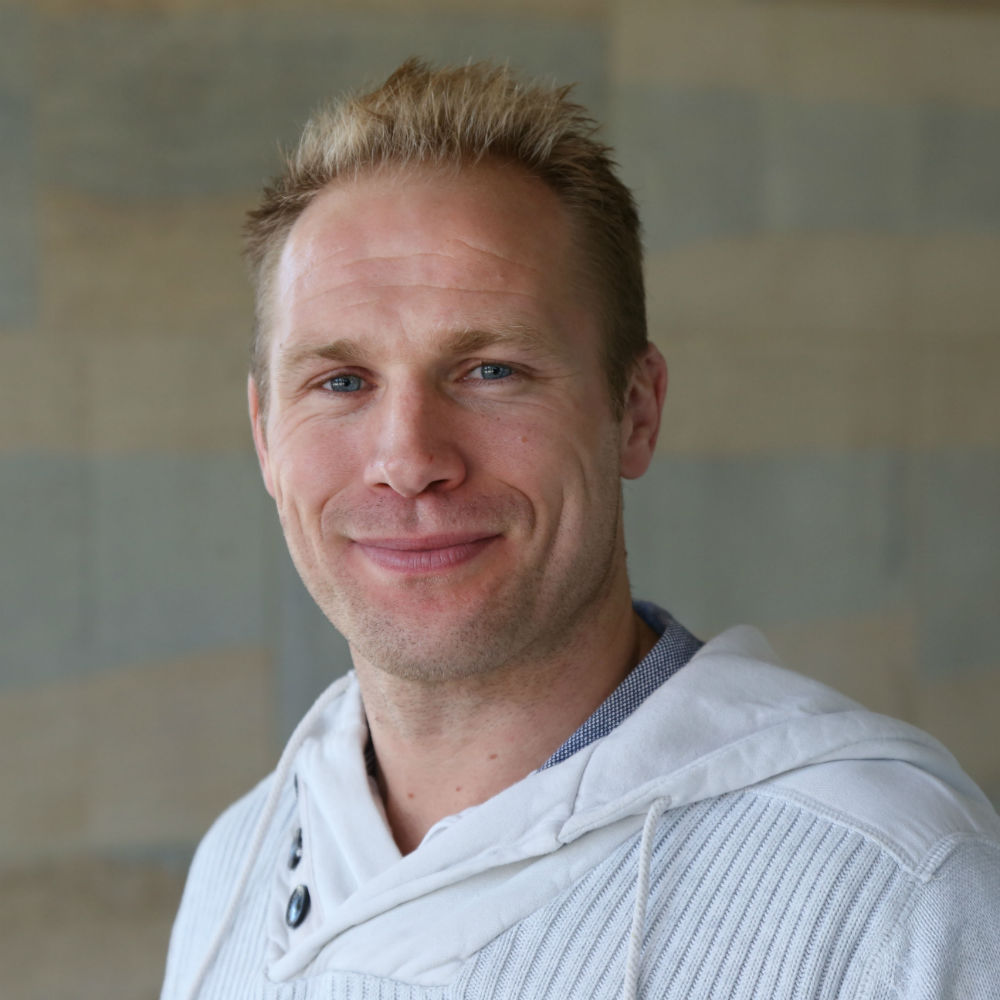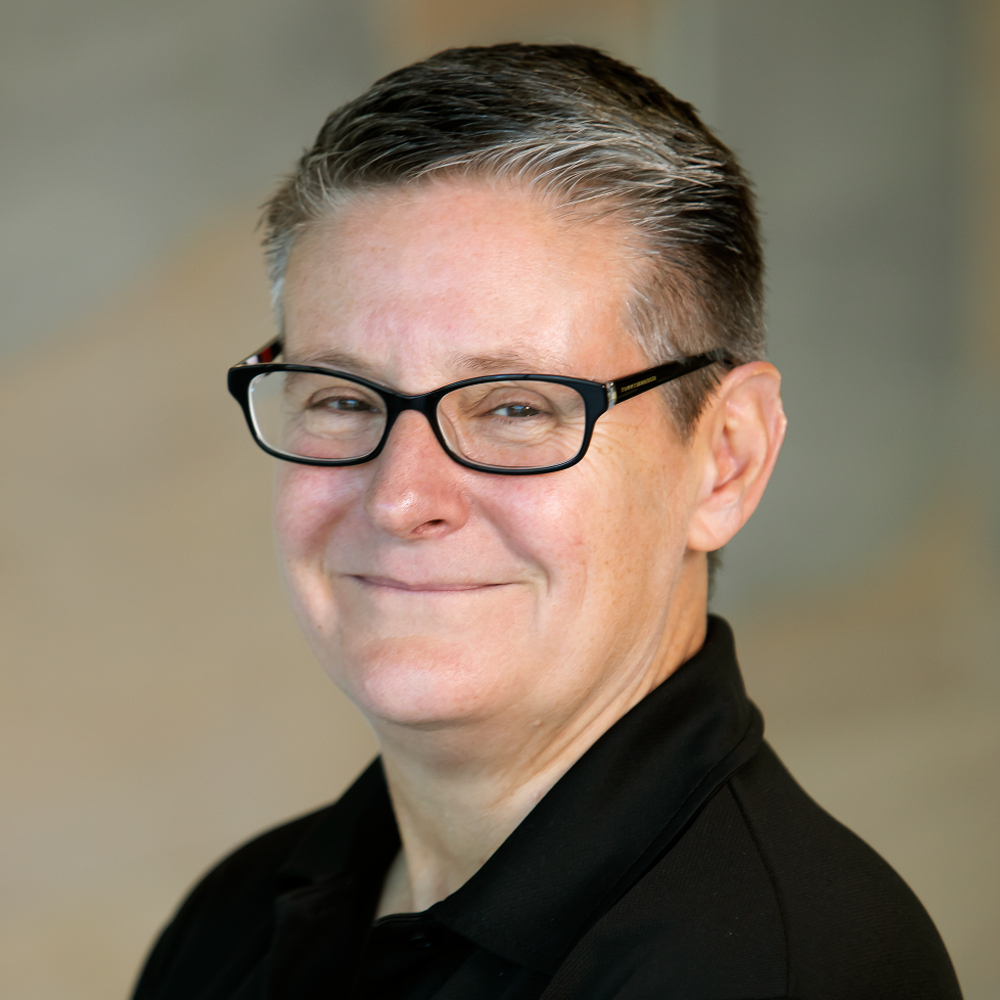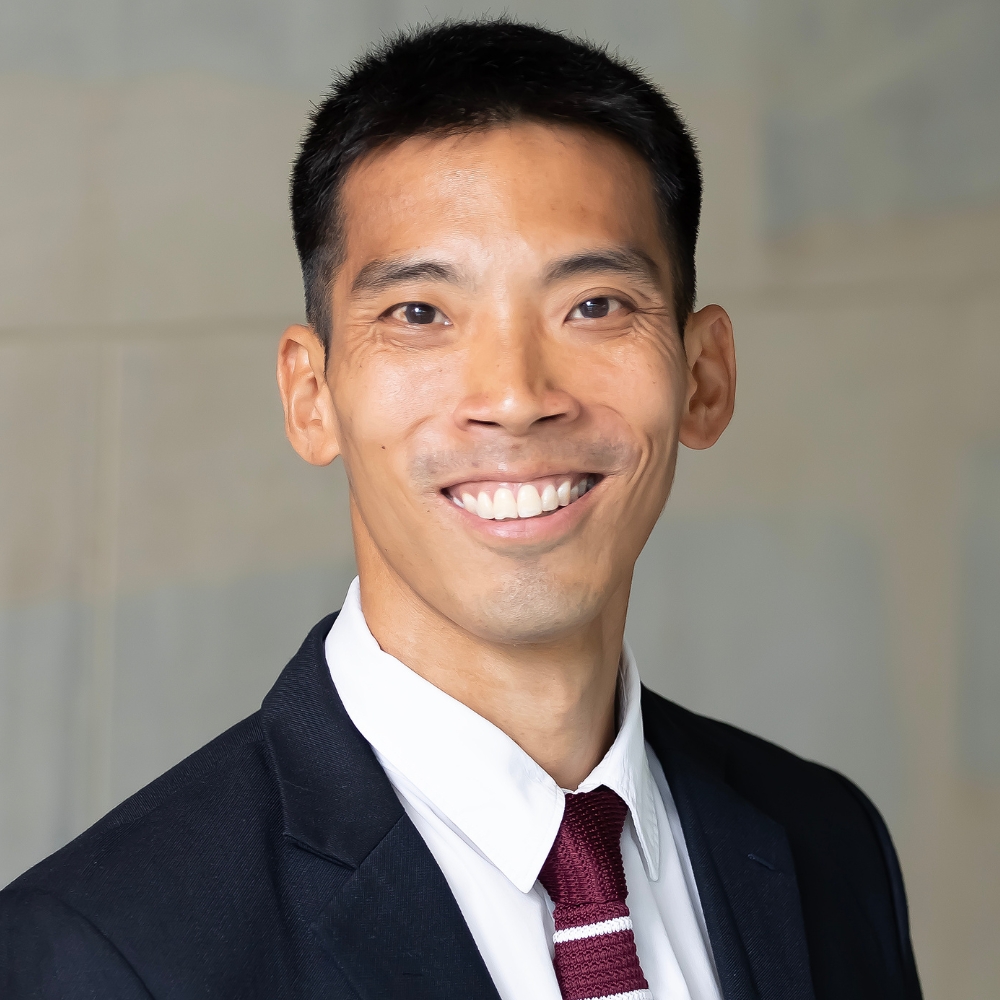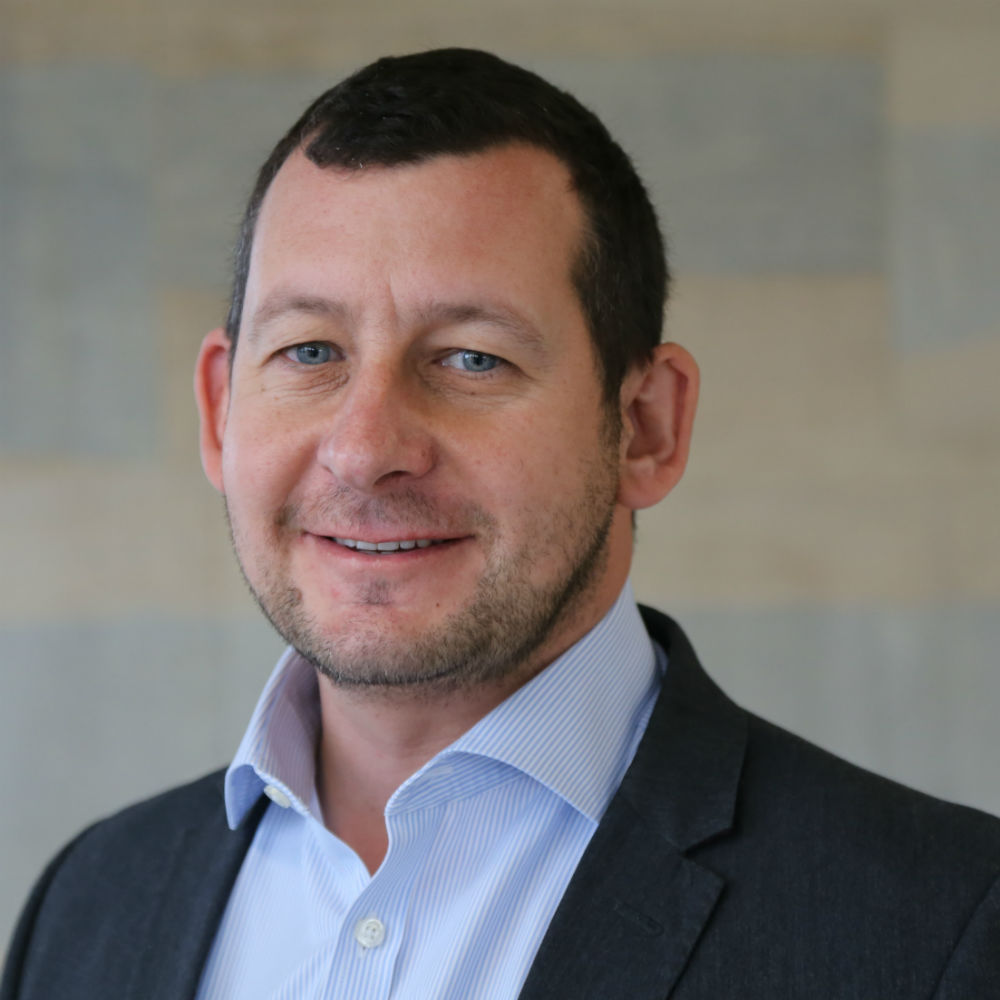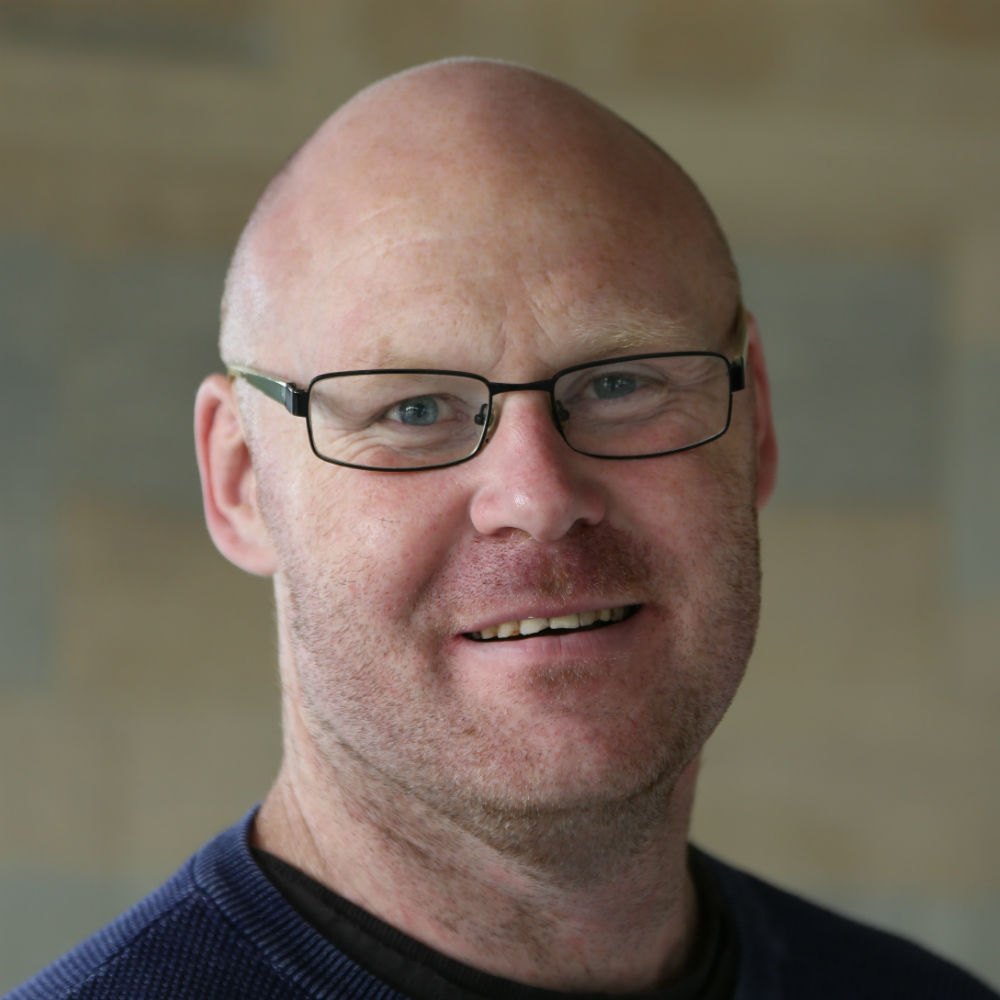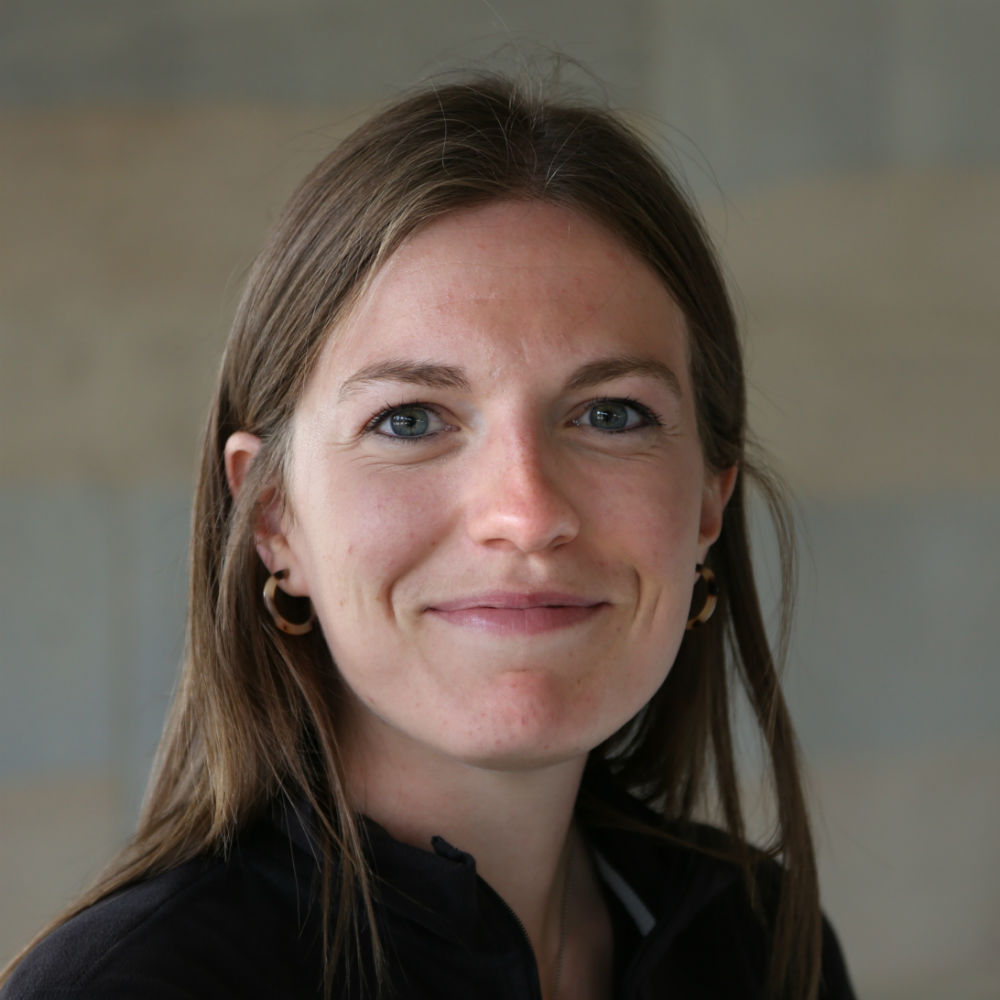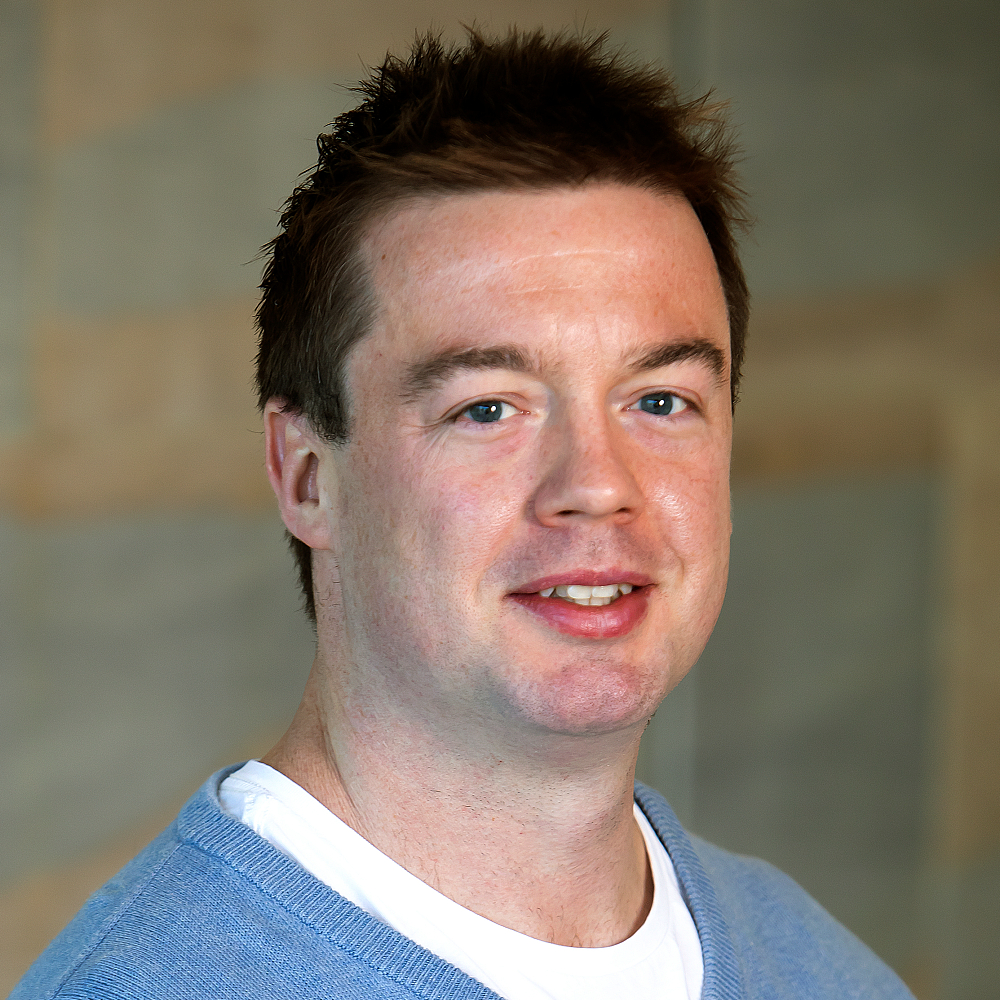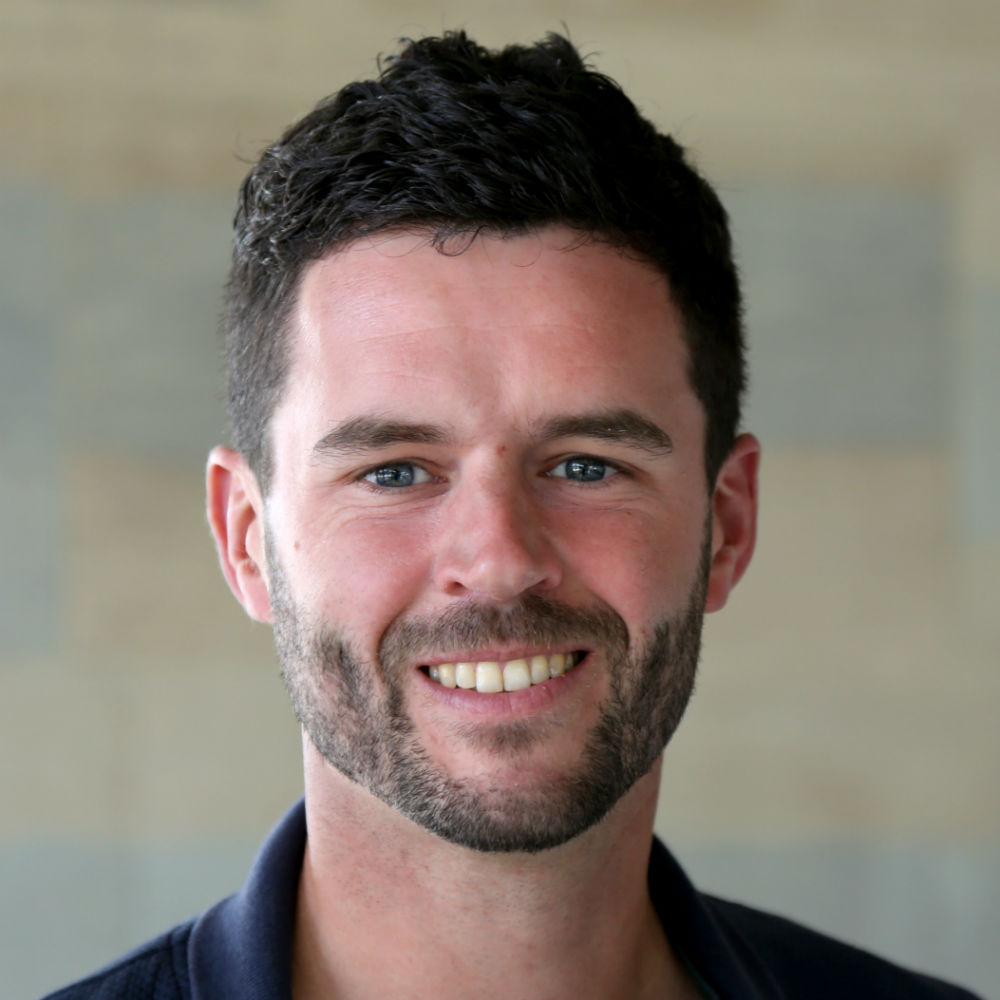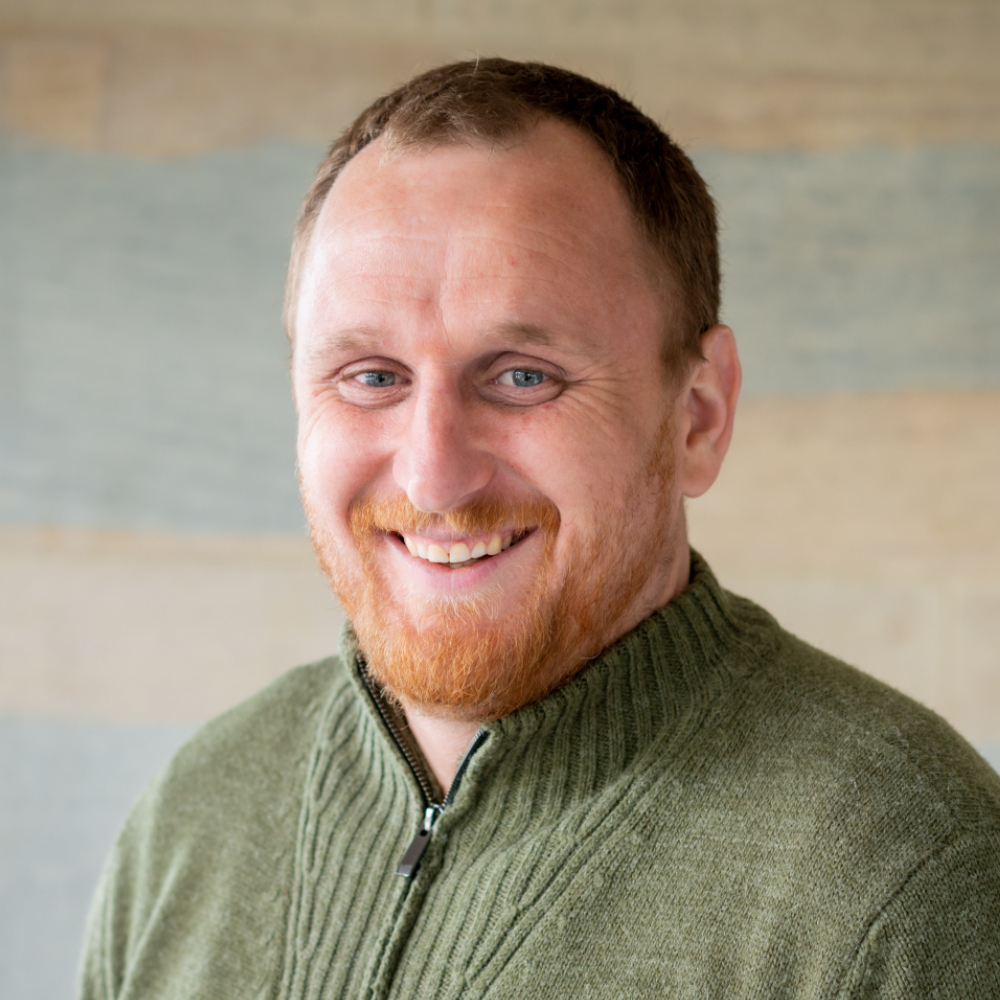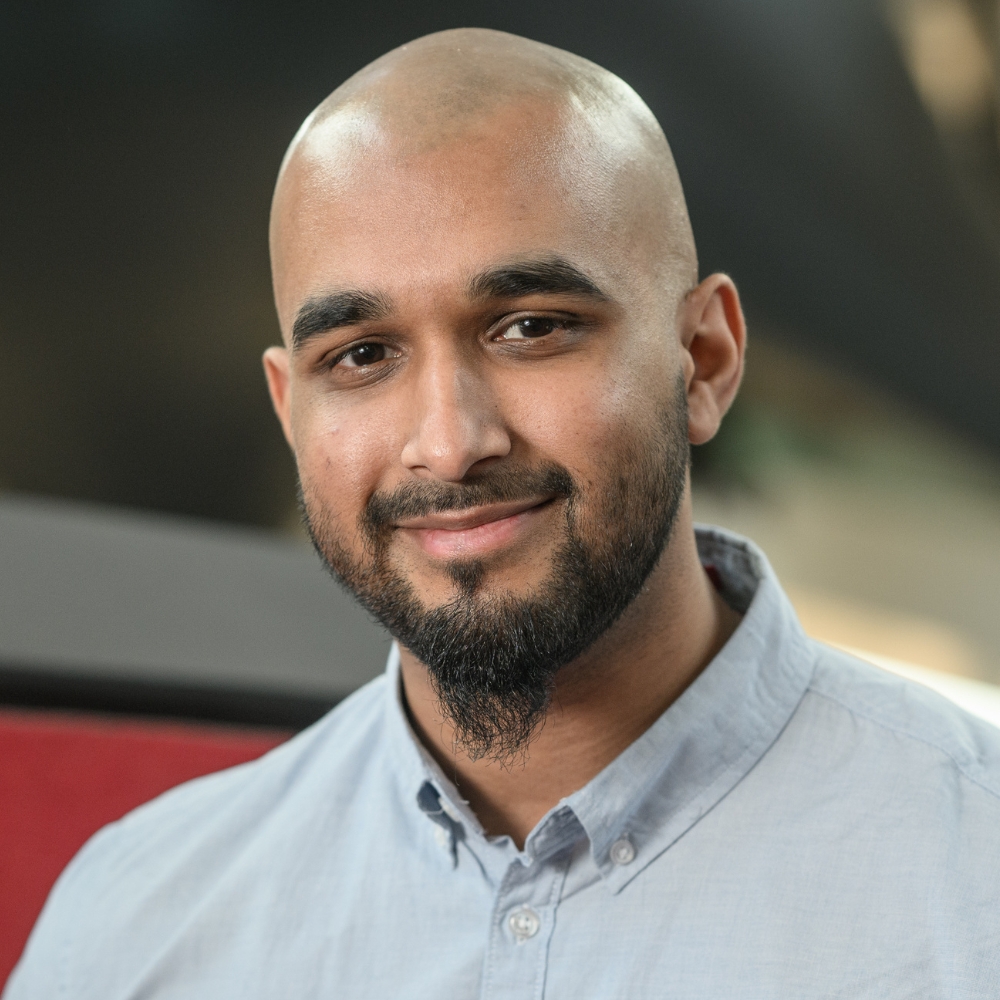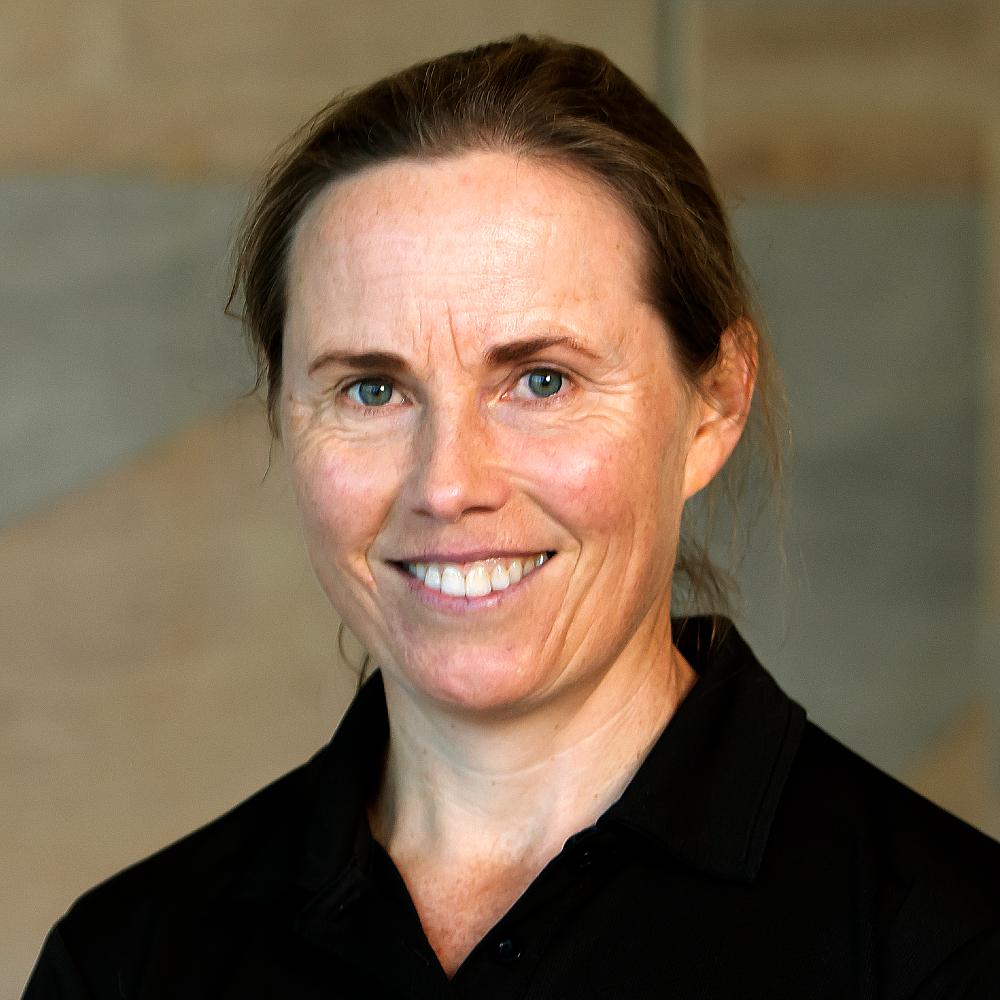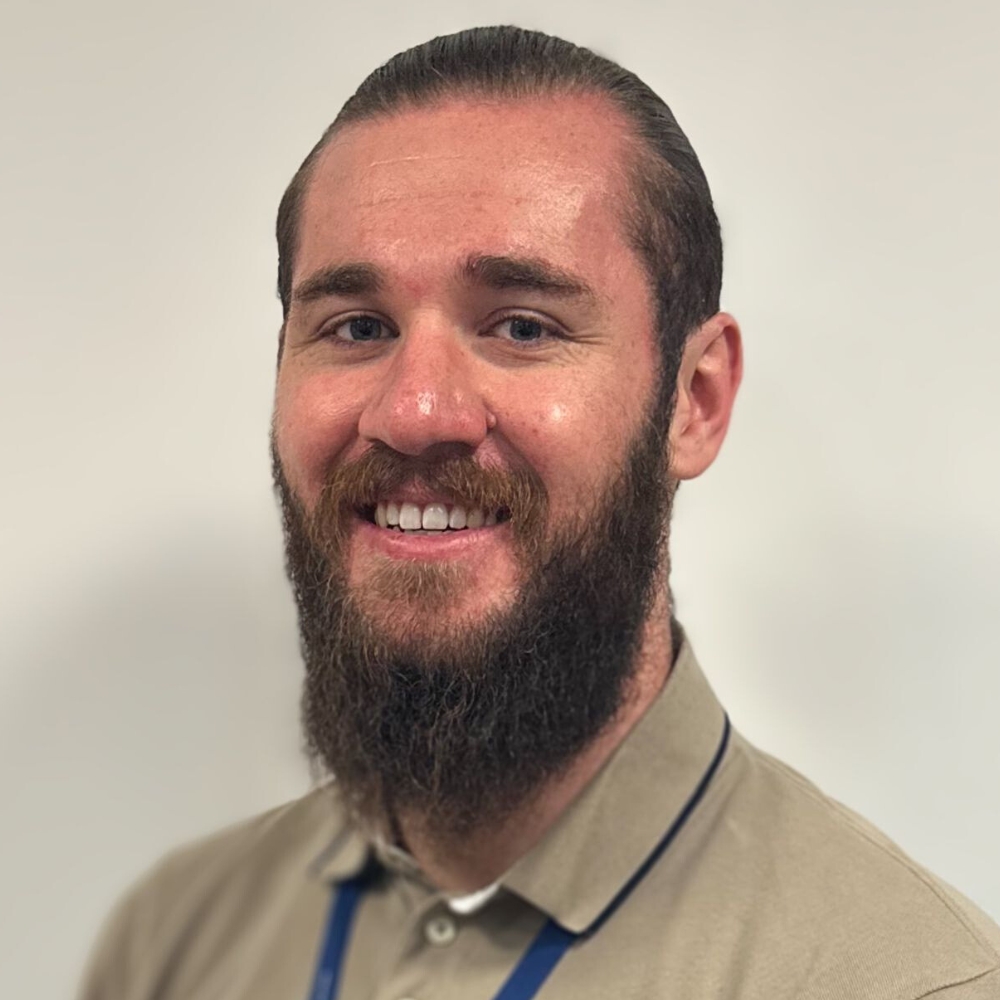Established in 2008 as the Sport, Performance, and Fatigue Research Unit (SPF), our group initially comprised academic staff and PhD students from the Centre for Sports & Exercise Science, along with applied sport scientists from the Human Performance Unit.
Over the past decade, our expertise has grown and diversified, particularly since 2017, when Physiotherapy and Sports Therapy merged with the Centre for Sport & Exercise Sciences. This merger formed a new department within the Faculty of Science & Health - Sport, Rehabilitation, and Exercise Sciences.
Our research in human and sports performance is internationally recognised, encompassing a broad spectrum of academic disciplines, including physiology, neurophysiology, biochemistry, nutrition, biomechanics, psychology, coaching, and rehabilitation therapies.
As our membership and research interests have continued to evolve, our focus has expanded beyond sport to encompass performance in various social and environmental settings. Reflecting this broader scope, we rebranded in 2022 as the Human Performance Research Group.
Purpose
Our purpose is to conduct world-leading and impactful research that enhances the engagement, optimisation, and achievement of human performance across sport, work, and other social contexts. We are committed to conducting applied and basic science research on contemporary issues of relevance, importance, and impact. We strive to continually improve the quality, impact, and recognition of our research by seeking out and, where beneficial, collaborating with academic, industry, and community partners. Our research outputs will be made as accessible as possible to a wide audience, including through peer-reviewed open-access journal articles, conferences, public presentations, and stakeholder engagement events.
Vision
Our vision is to be globally recognised for our contributions to understanding and enhancing human performance. We aim to be at the forefront of research that not only advances academic knowledge but also has practical applications that improve lives and societal outcomes.







